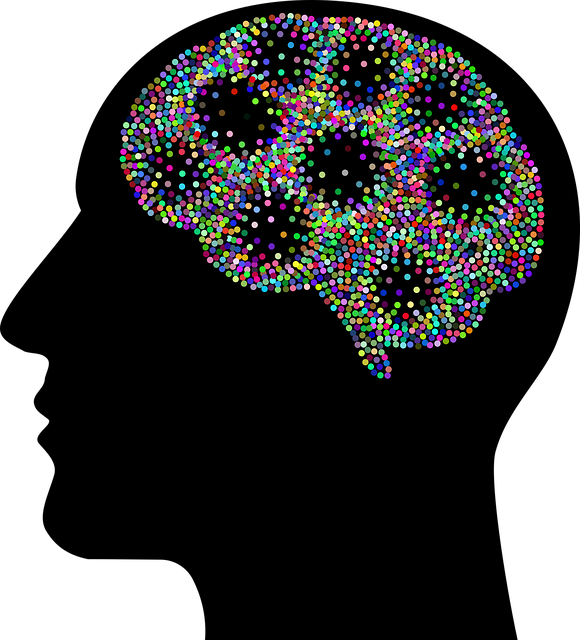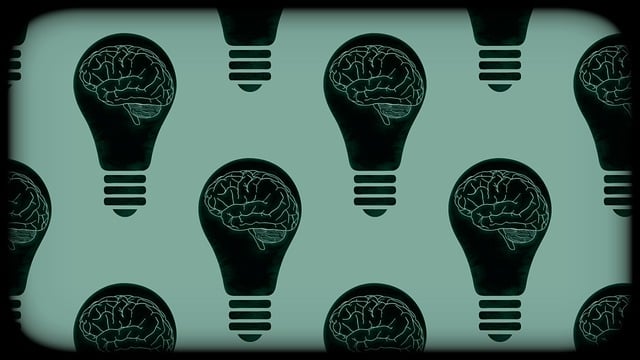Lakewood Developmental Disability Therapy (LDDT) employs positive thinking as a powerful tool for individuals with developmental disabilities, integrating positive psychology with connection and meaning. Their personalized Mental Wellness Coaching Programs include Emotional Healing Processes and accessible Mental Wellness Podcast Series for continued support. Tailored exercises focus on diverse learning styles, fostering independence and empowerment while reducing stigma. Structured goals balanced with flexible interpretation enable clients to develop coping mechanisms promoting positive thinking, resilience, and emotional regulation, improving quality of life and social interactions. LDDT's approach has shown promising results in inner strength development among participants.
At Lakewood, we’ve pioneered innovative approaches to Lakewood Developmental Disability Therapy using positive thinking exercises. This article delves into the transformative power of cultivating optimism for individuals with developmental disabilities. We’ll explore how tailored positive thinking practices can enhance therapy outcomes, focusing on understanding its fundamentals, designing effective exercises, and meticulously tracking their impact. By embracing these strategies, we aim to empower individuals to embrace a brighter, more fulfilling future.
- Understanding Positive Thinking for Developmental Disability Therapy at Lakewood
- Designing Effective Positive Thinking Exercises for Optimal Results
- Implementing and Tracking the Impact of Positive Thinking Exercises in Lakewood's DD Therapy Program
Understanding Positive Thinking for Developmental Disability Therapy at Lakewood

At Lakewood, we understand that positive thinking is a powerful tool for those with developmental disabilities. It’s not merely about optimistic words; it’s an intentional practice that empowers individuals to reframe their perspectives and cultivate resilience. Through our Developmental Disability Therapy programs, we guide folks in recognizing and embracing their inherent strength and capability.
Our approach leverages the benefits of both empirical research on positive psychology and the human need for connection and meaning. We offer tailored Mental Wellness Coaching Programs designed to support individuals in navigating life’s challenges with grace. Moreover, our Emotional Healing Processes are woven into every session, ensuring that clients not only learn coping strategies but also develop a profound sense of self-worth and mental wellness. In addition, our Mental Wellness Podcast Series Production provides accessible resources for continued learning and growth beyond the therapy room.
Designing Effective Positive Thinking Exercises for Optimal Results

Designing Effective Positive Thinking Exercises for Optimal Results involves tailoring activities that cater to different learning styles and abilities, especially when working with individuals from Lakewood Developmental Disability Therapy. These exercises should be inclusive and engaging, fostering a sense of empowerment rather than dependence. Incorporating practices like compassion cultivation can significantly enhance mental well-being while reducing the stigma associated with mental illness.
The key lies in balancing structure with flexibility, ensuring each exercise has a clear objective but allows for individual interpretation and application. By integrating these activities into therapy sessions, professionals can help clients develop coping mechanisms that promote positive thinking, resilience, and emotional regulation skills, ultimately leading to improved quality of life and social interactions.
Implementing and Tracking the Impact of Positive Thinking Exercises in Lakewood's DD Therapy Program

Implementing positive thinking exercises within Lakewood’s Developmental Disability Therapy (DD) program has shown promising results in fostering inner strength development among participants. These sessions, centered around Mind Over Matter principles, are carefully tailored to address individual needs and goals. Therapists employ various techniques such as cognitive reframing, visualization, and gratitude practices to help individuals challenge negative thought patterns and replace them with more adaptive and positive perspectives.
Regular tracking of the program’s impact is crucial for effective risk management planning in mental health professional settings. By assessing changes in emotional well-being, coping strategies, and overall life satisfaction, therapists can gauge the effectiveness of these exercises. This data not only informs adjustments to individual therapy plans but also contributes to the evidence-based practice guidelines for DD interventions, enhancing the overall quality of care at Lakewood.
The implementation of positive thinking exercises in Lakewood’s Developmental Disability Therapy program has shown promising results, fostering a more optimistic outlook for individuals with developmental disabilities. By designing and tracking these exercises effectively, therapists can significantly enhance the overall therapeutic experience. This approach, tailored to the unique needs of each client, not only improves mental well-being but also empowers folks with DD to navigate challenges with resilience and a brighter perspective, ultimately enriching their lives at Lakewood and beyond.












